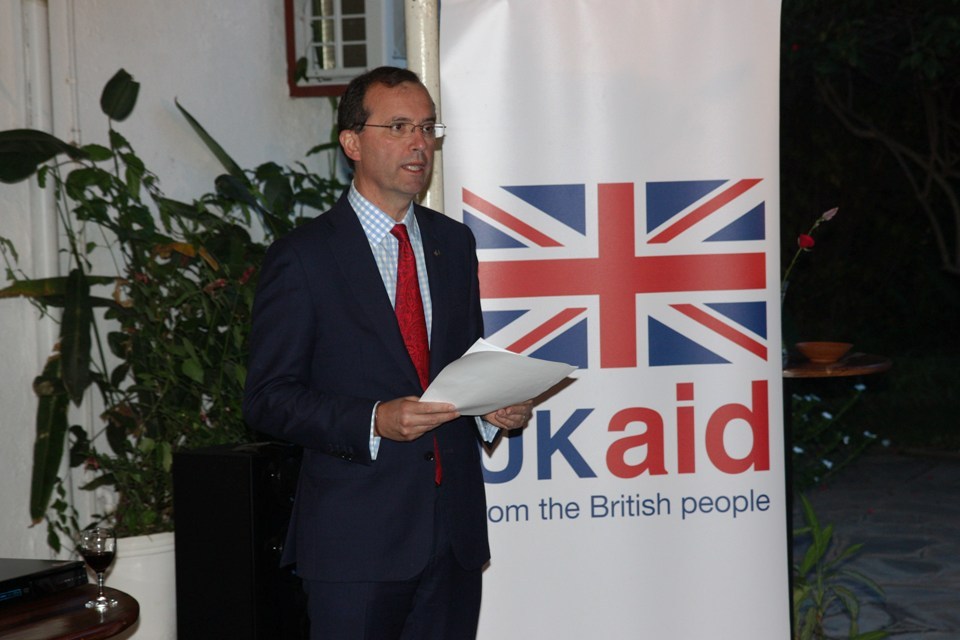
Taking special pride in the fact that his country has had a long and successful association with Zambia, British High Commissioner Fergus Cochrane-Dyet is keen to emphasize the importance of United Kingdom’s substantial investments in the country. This experienced diplomat is feeling particularly optimistic about the future of Zambia, and its promising market as an attractive destination for doing business.
European Times: What is the role of the British High Commission in terms of economy and which sectors have seen the most substantial investments?
Fergus Cochrane-Dyet: Over the past decades our Government and our private sector have contributed over a billion pounds in development assistance and business investments. The job of the High Commission is to safeguard that investments serve for the benefit of both the UK and Zambia. What we would like to see in the future in terms of economy is the full transitioning to a relationship which is dominated by trade and investment.
The most obvious investments have been in the finance sector, with banks such as the Standard Chartered Bank and Barclays coming to this market, as well as Prudential Insurance which brought its enormous experience from working in developing markets in Asia. In mining we have companies like Glenncore, which is a UK listed company behind Mopani, which is already investing US$1.3 billion in three new shafts. The largest emerald mine in the world is here in Zambia (Kagem) and it is operated by Gemfields, another British company. In agriculture, in addition to our Government’s investment in Zambeef, we have Associated British Foods, who through Lovo, are producing most of Zambia’s sugar. There are also several individuals and British companies working in the country’s thriving tourism sector.
European Times: How would you access the challenges and solutions lying ahead?
Fergus Cochrane-Dyet: I think the key to improving the economic situation in the country is not just in government policies but rather in the private sector to continue doing what it does best. At the end of the day, it is not the government that will create jobs, but the private sector. We need to find ways of how to empower this sector because the lessons from around the world show that the private sector is an important component for eradicating poverty.
European Times: Where do you see Zambia in five to ten years from now?
Fergus Cochrane-Dyet: The Government can prove to be a “game changer” in a positive direction if it grasps back economic reform with the help of the “Zambia Plus” economic recovery program, which has been presented by the Finance Minister and the President. I can proudly say in ten years’ time, Zambia could be booming in different sectors of the economy; there will be diversification that would bring about the creation of jobs, wealth and opportunities amongst the people to start companies, and contribute to their community’s growth as well as the sustainable development of this beautiful country.




